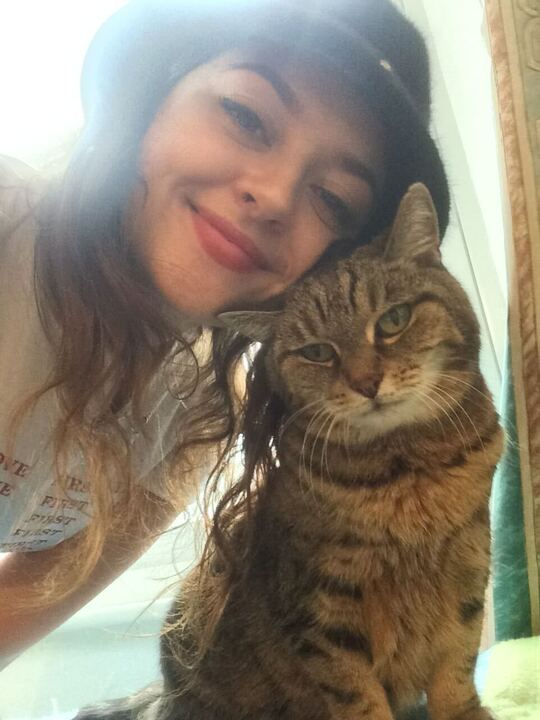Key takeaways
Seeing your missing cat come home is every owner's dream. However, lost cats have often experienced a lot and may be a bit traumatized from their adventures.
This means they may act a little differently, which can come as a surprise to many pet owners.
However, with the right care and attention, they'll be back to their usual selves in no time. So, check out our top tips to prioritize your pet's wellbeing and find out why they may be acting differently.
Quick Navigation
How cats can be affected after being lost
More skittish than usual
Wild animals
Other cats
Traffic
People
Not playing loud music
Avoiding loud sounds
Not having visitors over
Not having other pets over
Keeping windows and doors shut

Acting distant or hiding
Run away
Hide
Avoid interactions with other animals and people

Changes in appetite
In pain
Stressed
Depressed
Sick

Changes in routine
Toilet behavior
Sleep patterns
Eating patterns
General interests
How to care for a lost cat after finding them
Be patient

Grooming
Their nails clipping: When a cat's claws become too long, they can curl and dig into their paws, causing infections. They can also get stuck on certain materials, risking them being pulled out. Keeping them nice and short will be the safest and most comfortable option for your kitty.
Their coat brushing: A good brush will usually clean your cat's coat enough to avoid a bath. It will also help get rid of any mats that, if left, can become painful. If your kitty is particularly dirty or dusty, it may be worth washing their coat, too.
De-fleaing: Living outside is the perfect place to pick up a nasty infestation of fleas. These can be uncomfortable for your cat and, if left untreated, can also infest your house, making it nearly impossible to get rid of them!
After a long time sleeping outdoors and not getting their usual care, your kitty is probably well overdue a good grooming!

Veterinary care
Excessive licking: Licking one particular spot repetitively can be a sign that your cat is trying to self-soothe or heal themselves. Check the area for any signs of soreness.
Excessive vocalization: Yowling, meowing, and hissing can also be signs that your kitty is in pain. Interestingly, purring can also indicate an injury, as cats will do this in an attempt to soothe themselves.
Hiding: When cats are injured or sick, they are vulnerable. This means instinctually, they will seek isolated and secluded places to keep themselves safe. So, if your kitty is hiding in the house, they may be suffering.
Limping: A more obvious sign of injury is limping when walking or holding a paw up when sitting. If this is the case, check their paws for infection or cuts. If you can't see anything, it may be more likely to be a break.
Reduced appetite and sleeping more: Cats are unlikely to eat or drink or be generally active if they are injured or sick.
Signs of infection
Signs of disease
Injury
Malnourishment
Dehydration

FAQs
Why is my cat acting differently after running away?
Your cat is likely to act differently after running away because it can be a traumatic and scary experience. They may be more nervous and skittish and struggle to settle back into normal life and feel secure in their home.
What to do if your cat runs away and comes back?
If your cat comes back after running away, make sure you give them plenty of cuddles and be patient with them. They will likely be more nervous and scared and it will take time for them to settle back into their usual routine.
Why is my cat suddenly different?
If your cat is suddenly acting different, it may be because of an underlying health condition or ongoing stress. Make sure they are getting enough mental and physical stimulation, company, and food and water every day.
Do cats get sad when they're lost?
Yes, it's likely your cat will feel frightened, scared, and sad when they are lost. Without their usual comforts, they will struggle to feel safe and secure, and they will miss you!
Do cats get scared when they're lost?
Yes, it's likely your cat will feel frightened, scared, and sad when they are lost. Without their usual comforts, they will struggle to feel safe and secure, and they will miss you!
Is it normal for cats to run away and come back?
It's not necessarily normal for cats to run away and come back, but it is quite likely. Our cats have natural homing abilities, which means when they do run away, they can often find their way back.



